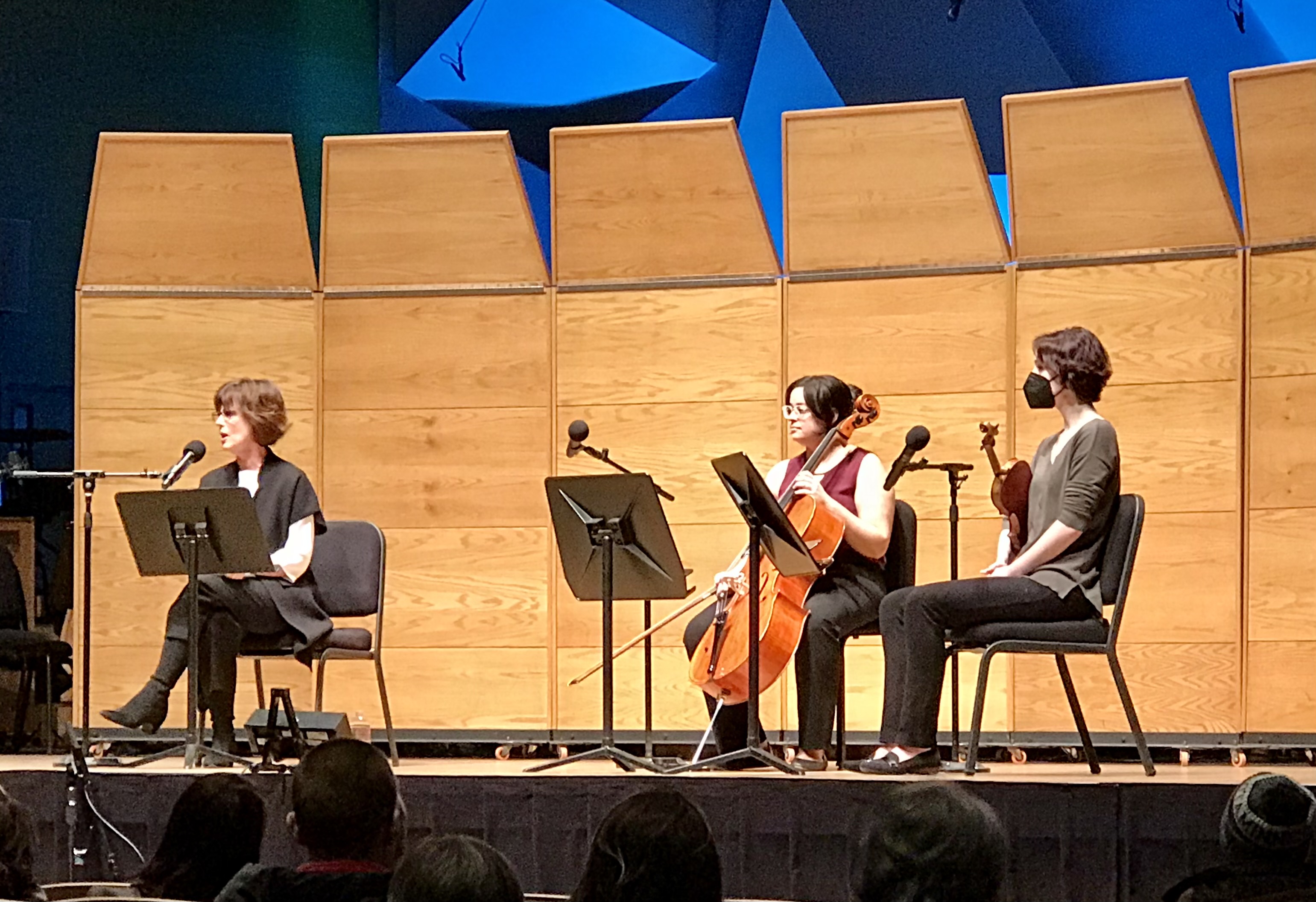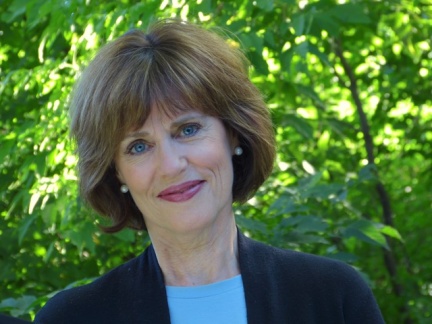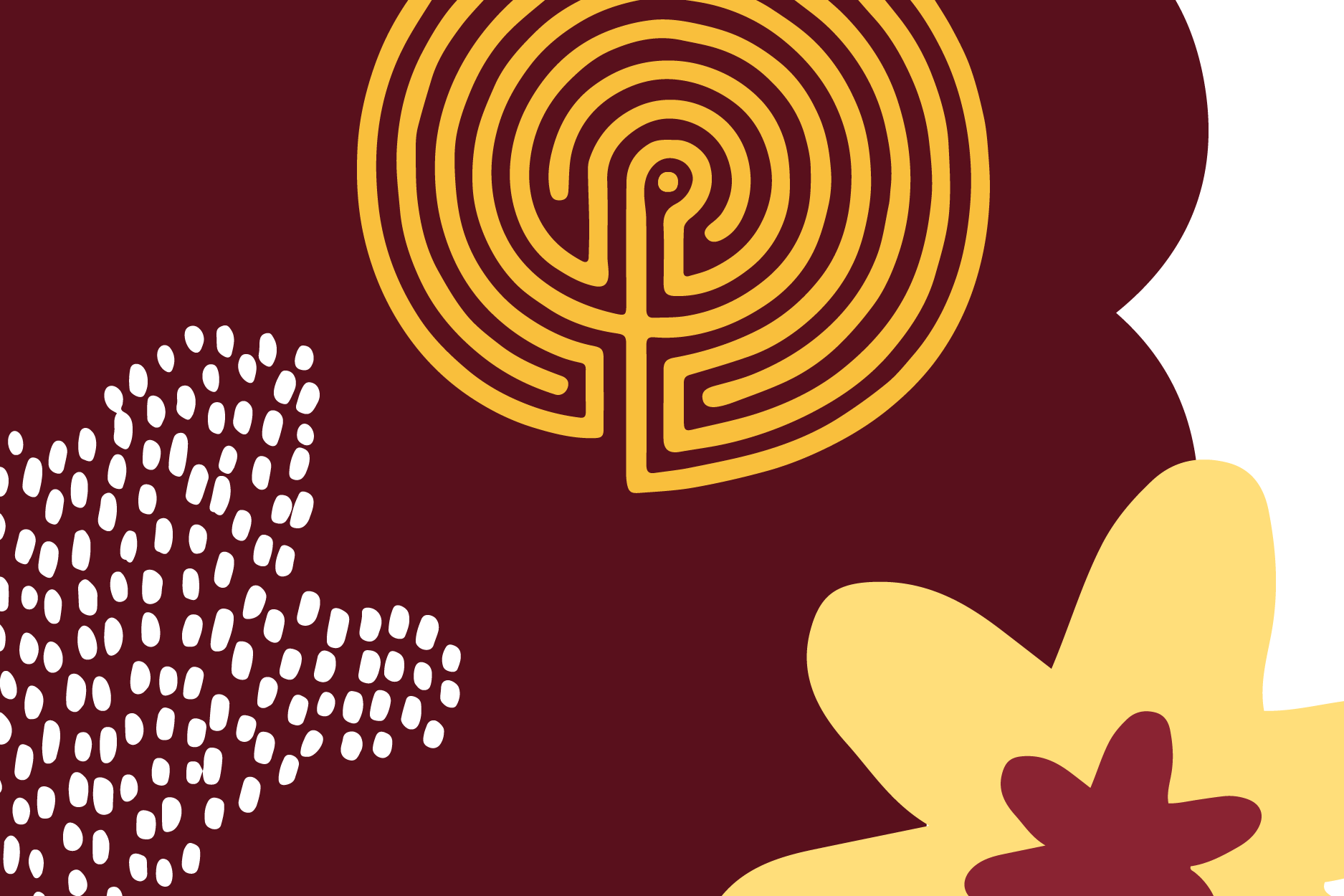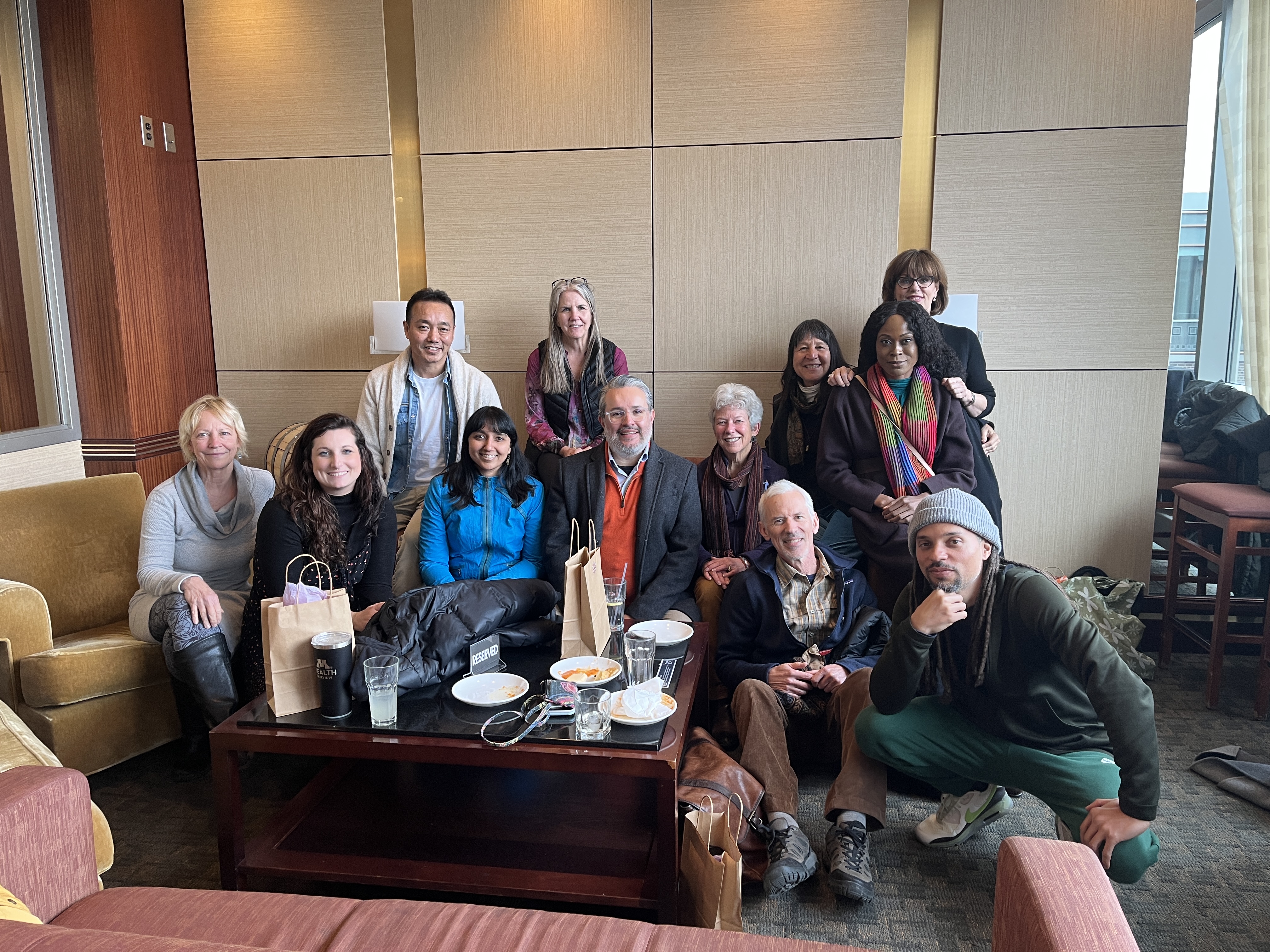CSH Mindfulness Newsletter – 14th Issue, The Healing Journey Begins
The Healing Journey Begins – Post Election Mindful Reflections and Tips
November 1, 2020
Mariann Johnson
On Saturday night, President-Elect Biden called for unity and healing to begin in our country. Others are also calling for truth, tolerance, forgiveness, humility, and/or understanding.
Post-election, how do we use our mindfulness practice to begin a healing journey? How do we now reach out to others – perhaps our own family members and friends – that we may have considered our political foes? How do we face the courageous journey of healing our own hearts and minds of internal divides that allowed us to see others as our enemy?
Some mindfulness teachers suggest adopting a nonjudgmental attitude toward whatever arises during our meditation practice and to our ordinary daily experiences. When students first hear this, some grow concerned that mindfulness asks them to become dispassionate toward their deeply held values, political beliefs or social activism.
This is not the case. In fact, many practitioners report that mindfulness allows them to clearly see what is most important and to choose wiser courses of action. For example, a momentary, mindful pause may help to temporarily suspend judgement and assist the mind in moving beyond its tendency to quickly categorize, label, accept/reject, or make assumptions. We may remember to engage our curiosity and to view circumstances - and others - from a broader perspective and with a more compassionate lens. In her most recent book, Real Change: Mindfulness to Heal Ourselves and the World, mindfulness teacher Sharon Salzberg states, “Compassion doesn’t mean we don’t fight [for what we believe in], it means we don’t hate.”
Mindfulness also does not ask us to dismiss or gloss over our differences or deep divides. Rather, mindfulness helps us to cultivate the equanimity and empathy required to really hear each other out – to mindfully listen and learn one another’s backstory, disappointments, hurts and fears. It can help us to become fiercely courageous in our conversations and in our listening. We practice listening and speaking to learn and move forward, together. Knowing it may be a long journey with tests and turns, we give each other space and grace to heal and grow, and sometimes to respectfully agree to disagree.
When it comes to transformation and healing, whether individual or societal, Nelson Mandela reminded us to, “Be tough on structure and policies but not on each other.” And, when faced with sharp divisiveness, animosity and an uncertain future, Mahatma Gandhi told us, “To believe what has not occurred in history will not occur at all, is to argue disbelief in the dignity of [humankind].”
As we journey forward on this path of individual and societal healing, may we rest on the wisdom of mindfulness, and the strength and resilience of our ancestors./
Tips for Beginning a Healing Journey:
1) Lean on a daily mindfulness meditation practice or other centering practice to
support your wellbeing, reduce stress and maintain a sense of inner stability. These are difficult times and equanimity and compassion for self and others is nurtured and supported by present moment awareness.
2) Be willing to do your own healing work. Everyone’s healing journey will be different.
Approaches might include forgiveness, working with emotional triggers, increasing one’s mindful communication skills or understanding the psychology and neuroscience behind “Othering.” Othering is common in politically divisive times and involves categorizing a group of people according to perceived differences or identifying a group as inferior and adopting an “us vs. them” mentality. A few resources to consider:
- Jack Kornfield and the Ancient Art of Forgiveness
- Mindful Communication and the Work of Jay Oren
- Guide to Nonviolent Communication:
- PICK Your Words – A Mindful Communication Tool
- Othering and Belonging Video
3) When entering a healing conversation around differing political perspectives
focus on two R’s: Relationship and Respect. Emotions can easily escalate, so begin by planting a deep intention to connect and enhance or heal your relationship. Keep respect at the forefront, recalling your own and the other’s essential human dignity. Relationships heal and flourish when people feel safe and trust can grow. Leave behind having to be right or the need to persuade the other. Remember: at our core, we all wish to be understood and respected. Be curious and courageous. Listen to learn. Be honest and speak to heal. Be in it for the long haul, but if it gets too hot or feels unsafe for any reason, be sure to step back or take a time out.
Please be mindful of your own mental health and physical safety. Be empowered to mindfully disengage from relationships that are toxic or harmful. Take good care of yourself.
Resources and organizations that support engaging in dialogue and building bridges across political divides:
- Citizenship and American Identity Project
- Project for the Advancement of Our Common Humanity
4) Be generous toward yourself and others - add an “And.”
Someone can hold a strong political view different from your own and still be a loving parent, good neighbor or a caring person. We can be angry, upset or not our best selves one moment and be patient and kind in the next. We are complex human beings, filled with potential and capable of transformation.



